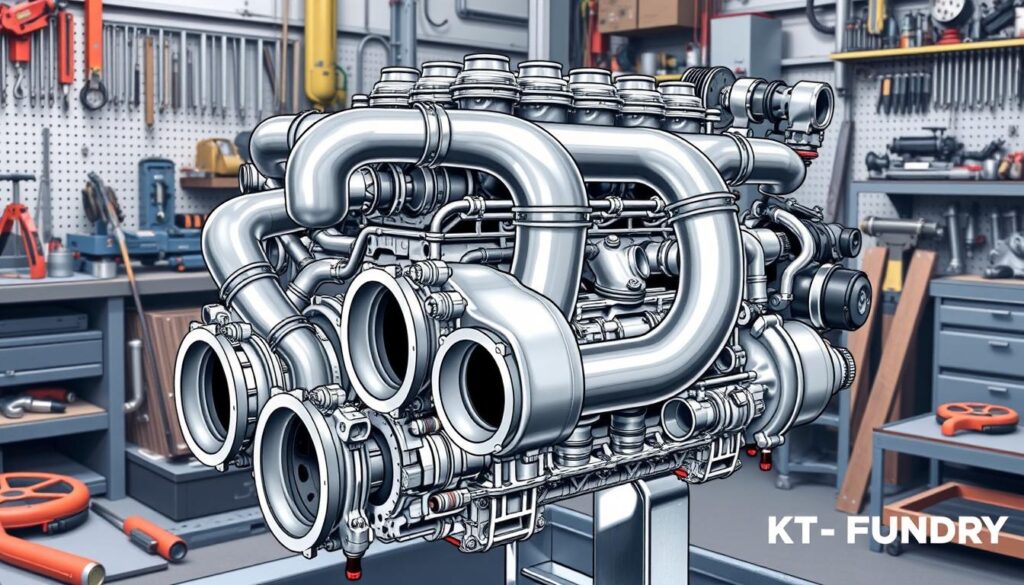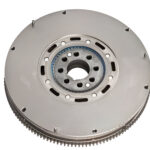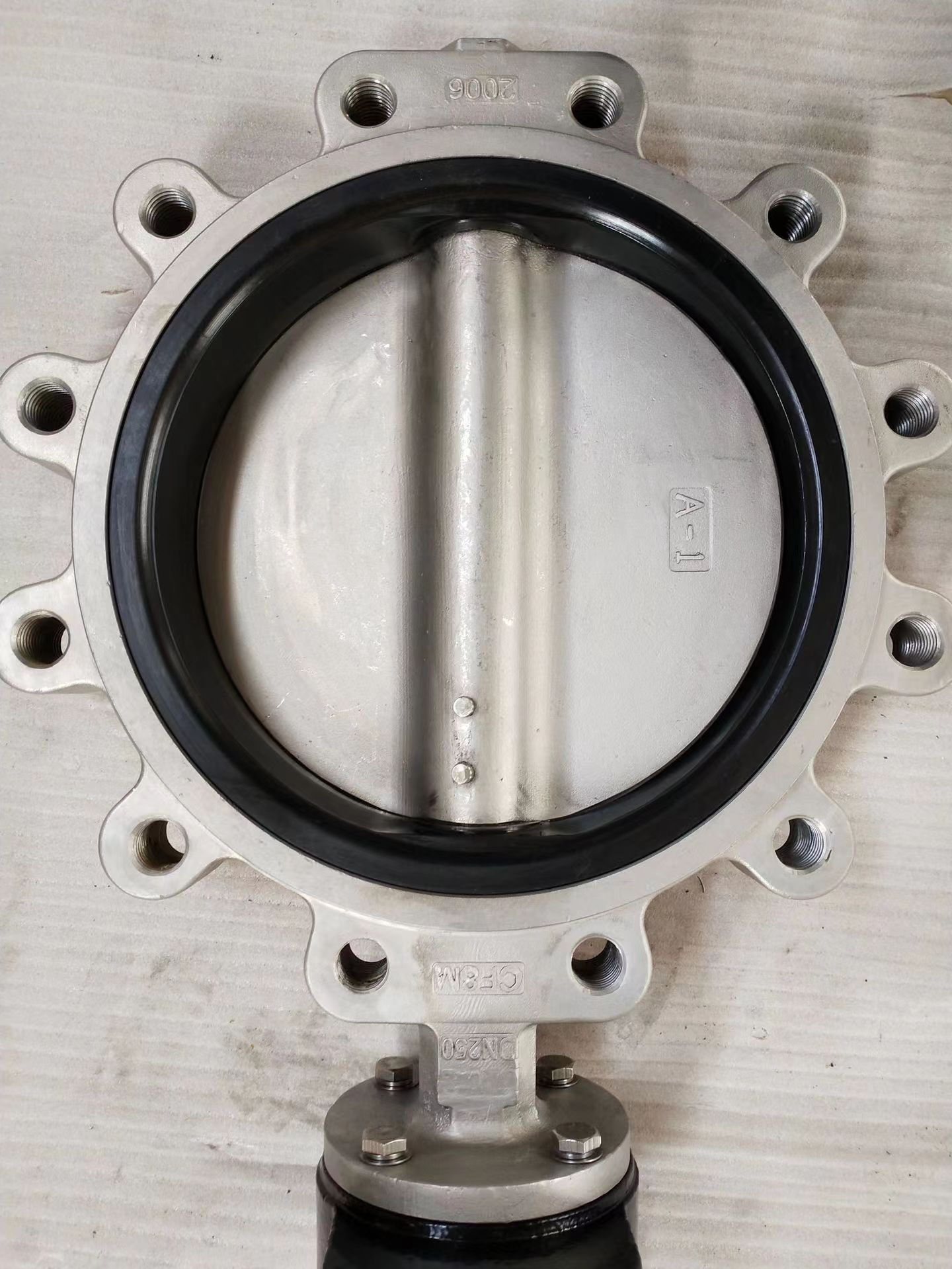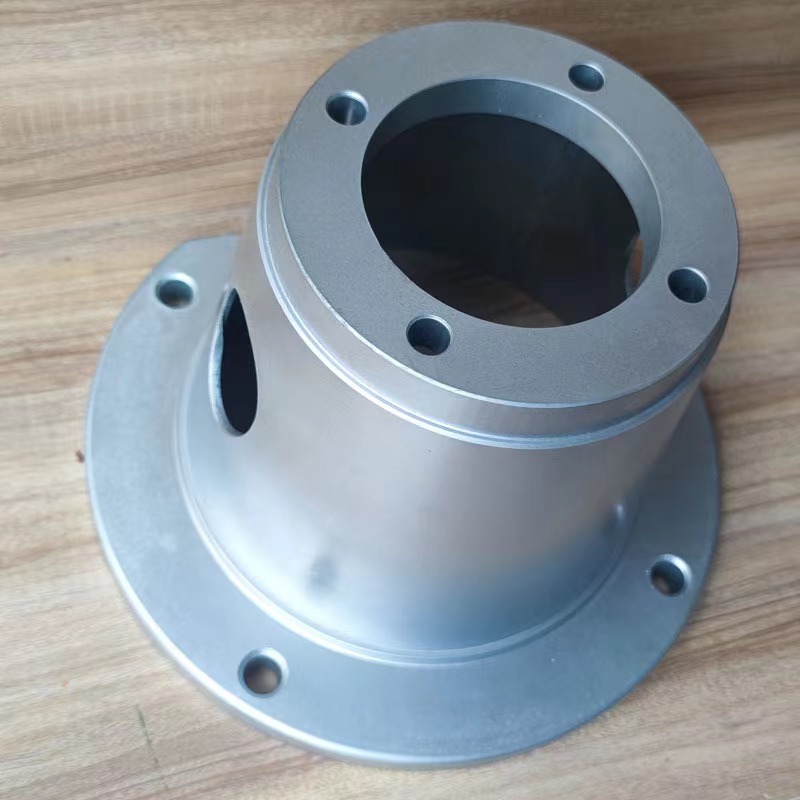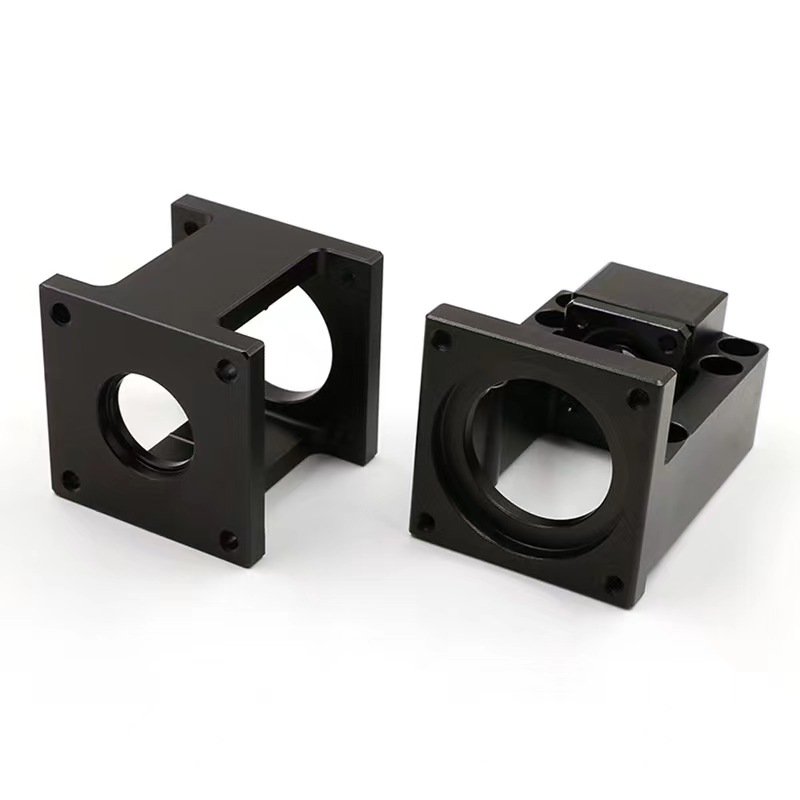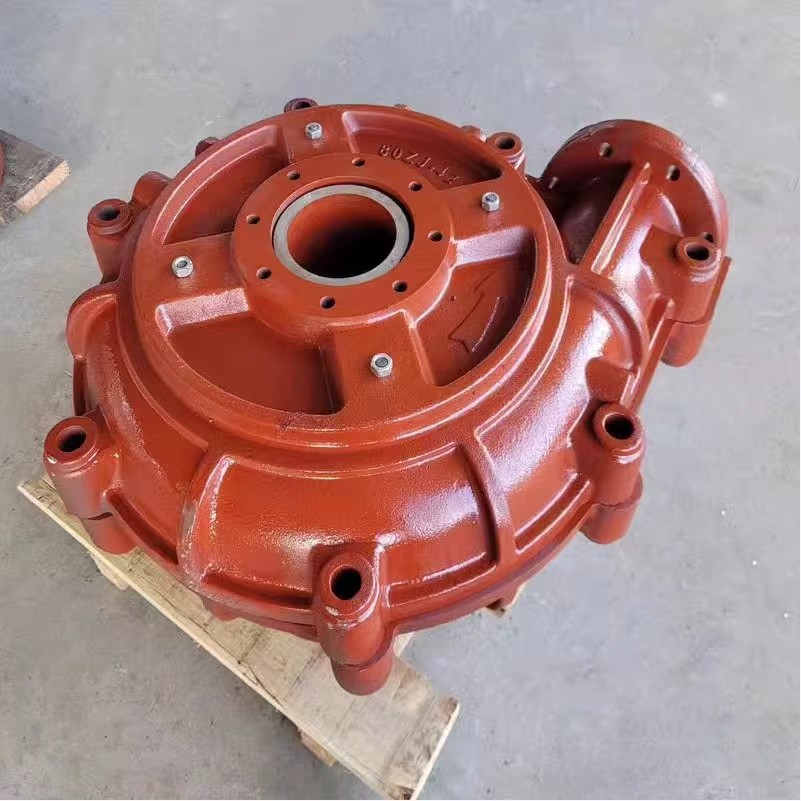As diesel engine fans and pros, we know how key engine manifolds are for top-notch performance and long life. Whether you drive a heavy-duty truck, farm equipment, or a generator, the diesel engine manifold is a must-know part. This guide will cover the diesel engine manifold's details, including its types, functions, and how it boosts your engine's efficiency and reliability.
Diesel engines are known for their strength and high power. They're vital in many industries. At the core of these engines are the manifolds – they manage air and exhaust flow. From the intake manifold that brings air to the cylinders to the exhaust manifold that takes out the gases, each part is vital for engine performance and efficiency.
Key Takeaways
- Diesel engine manifolds are key for the best engine performance and long life.
- Knowing the various manifolds, like intake, exhaust, turbocharger, and EGR, is important for engine care and fixing issues.
- Working manifolds stop leaks, cracks, and blockages that hurt engine efficiency.
- Changing worn-out manifold parts, like gaskets and bolts, keeps the engine healthy and extends its life.
- Switching to high-quality stainless steel manifolds can improve engine performance, fuel use, and durability.
Understanding the Diesel Engine Manifold
The diesel engine manifold is key to a diesel engine's efficiency. It helps air and exhaust gases flow right, making sure the engine runs well, uses fuel wisely, and keeps emissions low.
What is a Diesel Engine Manifold?
A diesel engine manifold connects the engine's cylinders to parts like the turbocharger, exhaust, and air intake. It makes sure air and fuel mix right in the cylinders and exhaust gases leave smoothly. This is crucial for good combustion and engine performance.
Types of Manifolds in Diesel Engines
Diesel engines have different manifolds, each with its own job:
- Exhaust manifold: It gathers hot exhaust gases from the cylinders and sends them to the turbocharger or exhaust system.
- Intake manifold: It spreads compressed air from the turbocharger or supercharger to the cylinders.
- Turbocharger manifold: Links the exhaust manifold to the turbocharger. This lets the turbine use exhaust energy to power the compressor.
- EGR manifold: It helps mix some exhaust gases back into the intake to cut down on emissions.
- Diesel particulate filter manifold: Sends exhaust gases through the diesel particulate filter to remove soot and particles.
Knowing how these manifolds work helps diesel engine users improve their vehicles' performance, fuel use, and environmental impact.
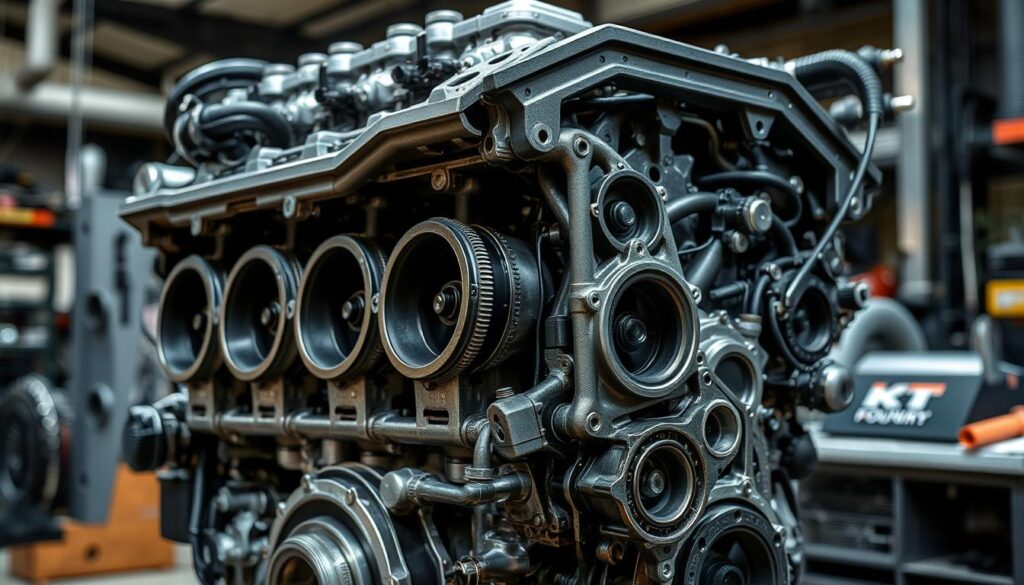
The Role of Manifolds in Diesel Engine Operation
Manifolds are key to a diesel engine's success. They manage air and exhaust flow, affecting efficiency, power, and emissions. Problems like manifold leaks, cracks, or damaged parts can hurt performance, increase fuel use, and damage the engine.
Keeping manifolds in good shape is vital. This means checking them often and replacing parts as needed. If you ignore the manifold, you might lose power, use more fuel, or even cause engine failure. Regular checks and quick fixes can stop these problems and keep your engine running well.
- Manifolds control air and exhaust flow in diesel engines.
- Issues like leaks, cracks, or damaged parts can cause problems and engine damage.
- Regular maintenance and part replacement are key for a well-running engine.
"Properly maintained manifolds are essential for a diesel engine to operate at peak efficiency and performance."
Knowing how manifolds work in diesel engines and sticking to a maintenance plan helps your engine perform well. This way, you can enjoy reliable, efficient performance for many years.
Conclusion
Diesel engine manifolds are key to making diesel engines work well. Knowing the different types helps owners keep their vehicles running smoothly. Following the best maintenance and repair methods keeps engines at their best, saving money on repairs.
Manifolds are crucial for diesel engines. They make sure the air-fuel mix gets to the cylinders right, leading to better combustion and performance. If you have a diesel truck, construction gear, or a car, keeping your manifold in good shape is essential.
This guide has shown us the various types of diesel engine manifolds. Each one is made for specific engines and needs. By knowing what makes each manifold special, owners can make smart choices for upkeep, fixes, or updates. This helps improve their vehicle's efficiency and life.
FAQ
What is a diesel engine manifold?
A diesel engine manifold helps air and exhaust gases flow in a diesel engine. It has passages that connect to the turbocharger, exhaust system, and other parts.
What are the different types of manifolds in diesel engines?
Diesel engines have various manifolds for different jobs:- Exhaust manifold: It collects hot exhaust gases from cylinders and sends them to the turbocharger or exhaust system.- Intake manifold: This distributes compressed air from the turbocharger or supercharger to the cylinders.- Turbocharger manifold: It links the exhaust manifold to the turbocharger. This setup lets the turbine use exhaust energy to power the compressor.- EGR manifold: This manifold helps recirculate exhaust gases back into the intake system to cut down on emissions.- Diesel particulate filter manifold: It guides exhaust gases through the diesel particulate filter to remove soot and particles.
What is the role of the diesel engine manifold in the engine's operation?
Manifolds are key to a diesel engine's working. They manage air and exhaust gas flow, affecting efficiency, power, and emissions. Problems like leaks or damage can cause performance issues, higher fuel use, and engine harm.
Why is proper maintenance of the diesel engine manifold important?
Keeping the manifold in good shape is crucial for the engine's performance. Regular checks and replacing parts help ensure the engine runs well, boosts performance, and avoids expensive repairs.
What are some common issues with diesel engine manifolds?
Common manifold problems include leaks, cracks, and damaged gaskets and bolts. These issues can cause performance problems, increase fuel use, and damage the engine if not fixed.

